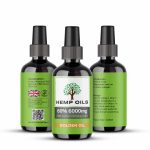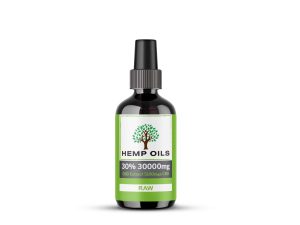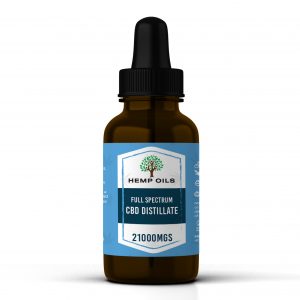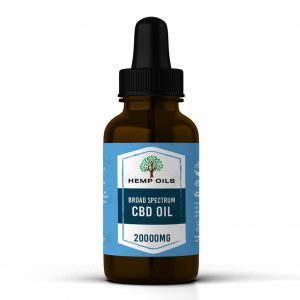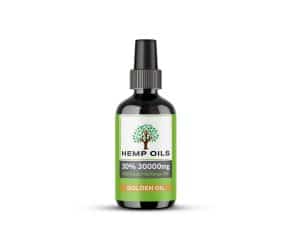Hemp Seed Oil: An Overview of its Origins and Composition ===
Hemp seed oil, derived from the seeds of the industrial hemp plant (Cannabis sativa), has gained significant popularity in recent years due to its numerous health benefits. Unlike CBD oil, which is derived from the flowers and leaves of the hemp plant, hemp seed oil is extracted from the seeds through a cold-pressing process. This oil has been used for centuries in various cultures for its nutritional value and therapeutic properties. In this article, we delve into the origins, composition, nutritional benefits, uses, and applications of hemp seed oil.
Origins and Composition of Hemp Seed Oil
Hemp seed oil has a rich history that dates back thousands of years. It is believed to have originated in Central Asia and was widely used in ancient China, India, and Egypt. Today, hemp is cultivated in numerous countries worldwide, including the United States, Canada, China, and Europe.
The oil extracted from hemp seeds contains a diverse range of beneficial compounds. It is abundant in essential fatty acids, including omega-3 and omega-6, which are crucial for maintaining overall health. Additionally, hemp seed oil contains a variety of minerals such as potassium, magnesium, iron, and zinc. It is also a great source of vitamins, particularly vitamin E, which acts as a powerful antioxidant.
Understanding the Nutritional Benefits of Hemp Seed Oil
Hemp seed oil offers a wide array of nutritional benefits. The omega-3 and omega-6 fatty acids present in this oil play a crucial role in supporting cardiovascular health, reducing inflammation, and promoting brain function. These fatty acids also contribute to healthy skin and hair, making hemp seed oil a popular ingredient in skincare and hair care products.
The high vitamin E content in hemp seed oil provides antioxidant properties, which help protect cells from damage caused by free radicals. This contributes to the oil’s anti-aging effects and overall immune system support. Additionally, hemp seed oil is an excellent source of plant-based protein, making it a valuable addition to vegetarian and vegan diets.
Hemp Seed Oil: Exploring its Various Uses and Applications
Hemp seed oil finds its application in a wide range of industries. In the culinary world, it is commonly used as a dressing for salads or a nutritious addition to smoothies. Due to its mild, nutty flavor, hemp seed oil is also used as a healthier alternative to traditional cooking oils.
Beyond the kitchen, hemp seed oil is extensively utilized in the cosmetics industry. Its moisturizing and nourishing properties make it a valuable ingredient in skincare products such as creams, lotions, and serums. Additionally, its use in hair care products helps strengthen hair, improve scalp health, and add shine.
Hemp Seed Oil vs CBD Oil: Differentiating the Two
Although hemp seed oil and CBD oil are both derived from the hemp plant, they differ in terms of their composition and uses. While hemp seed oil is primarily extracted from the seeds, CBD oil is derived from the flowers and leaves of the plant. CBD oil contains high levels of cannabidiol, a non-psychoactive compound known for its potential therapeutic benefits.
Hemp seed oil, on the other hand, does not contain significant amounts of CBD or other cannabinoids. Instead, its nutritional value lies in its fatty acid profile, vitamins, and minerals. While both oils offer distinct advantages, it is essential to understand their differences to ensure the right product is chosen for specific needs.
In summary, hemp seed oil is a versatile and nutritious oil derived from the hemp plant’s seeds. With its rich fatty acid content, vitamins, and minerals, it offers numerous health benefits. From promoting cardiovascular health to nurturing the skin and hair, the uses of hemp seed oil are varied and widespread. Differentiating it from CBD oil, which contains higher levels of cannabidiol, is crucial to understand their respective uses and benefits. Whether used in the kitchen or as an ingredient in skincare products, hemp seed oil continues to gain recognition for its outstanding nutritional value and potential therapeutic properties.
